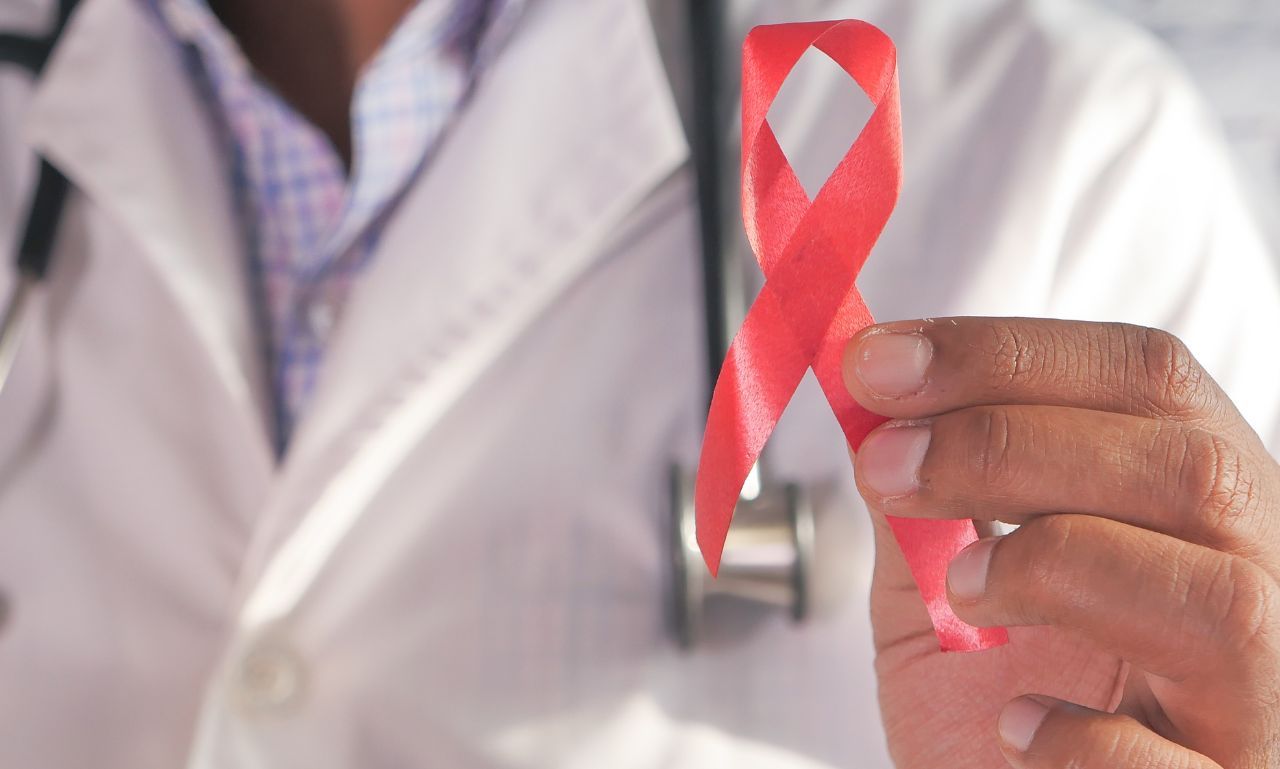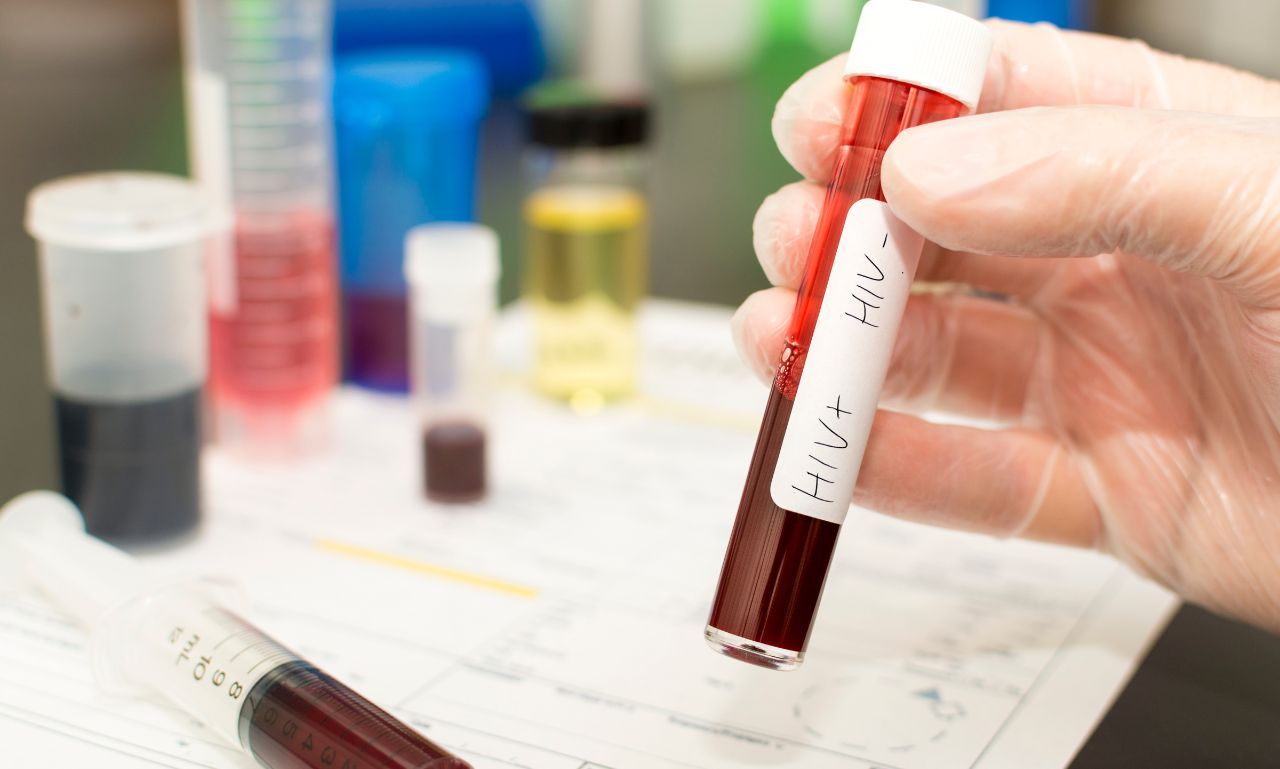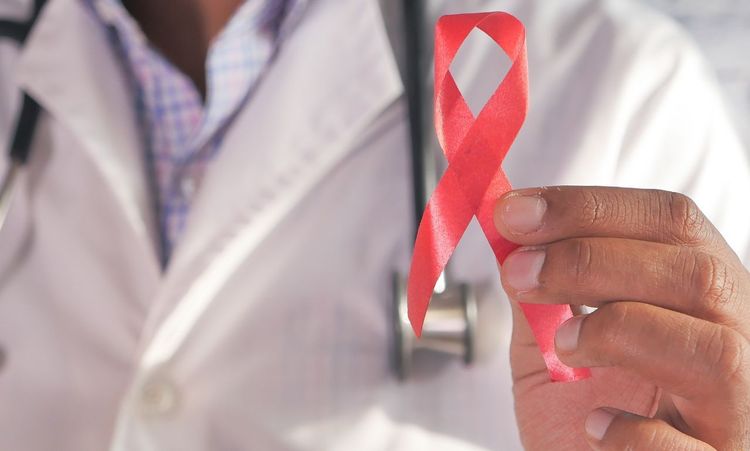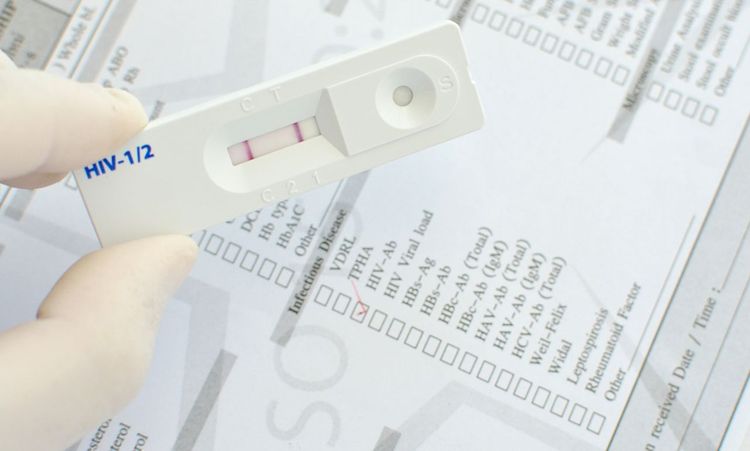Hearing that you have HIV can be overwhelming, but it's not the end. With the right approach, you can manage HIV effectively and live a long, fulfilling life.
Understand Your Diagnosis
- Take a breath: Processing an HIV diagnosis is challenging. It’s completely normal to feel a rush of emotions—fear, confusion, or even anger. You don’t have to have all the answers right away.
- What to do if diagnosed with HIV: First and foremost, understand that HIV is manageable with modern treatment. With antiretroviral therapy (ART), many people live just as long as those without the virus.
- Differentiate HIV and AIDS: HIV is the virus itself, while AIDS (Acquired Immunodeficiency Syndrome) is an advanced stage of the condition. Not everyone with HIV develops AIDS, especially with early and consistent treatment.
- Learn the importance of viral load: Viral load refers to the amount of HIV in your blood. Keeping your viral load low is crucial for living healthily and preventing transmission.
Seek Medical Care from Experienced HIV Specialists

- Find the right health care provider: Look for a health care professional experienced in managing HIV. They can help guide your treatment and answer any questions you have.
- Get comfortable asking questions: Don’t be afraid to ask your doctor questions. Write them down if it helps. Understanding your condition is empowering, and your health care provider is there to help.
- Explore treatment options: Your health care provider will help you decide on the right antiretroviral treatment. Modern HIV treatments are typically a combination of medications that keep the virus in check and maintain a low viral load.
- Visit community health centers: For those without insurance or with limited access to healthcare, community health centers can be an invaluable resource for affordable care.
Initiate Antiretroviral Therapy (ART)
- Start ART immediately: If you're diagnosed with HIV, starting ART as soon as possible is crucial. It helps lower the viral load and prevents damage to your immune system.
- Goal of ART: The goal is to make your viral load undetectable, meaning the HIV level in your blood is so low it can’t be detected. This also makes it nearly impossible to pass the virus to others.
- Stick to the treatment plan: Taking ART is a lifelong commitment, and missing doses can lead to drug resistance. Set reminders or alarms if needed.
- Drug classes of ART: ART drugs come in different classes, such as fusion inhibitors, non-nucleoside reverse transcriptase inhibitors, and combination medications like emtricitabine-tenofovir alafenamide fumarate. Your healthcare provider will recommend what’s best for you.
Learn the Difference Between HIV and AIDS
- HIV vs. AIDS: Not everyone who has HIV will develop AIDS. HIV is a virus that attacks the immune system, whereas AIDS is a condition that occurs if HIV isn’t treated and progresses to an advanced stage.
- Keep your immune system strong: The key to preventing HIV from progressing to AIDS is maintaining your immune system. ART helps, but healthy habits make a huge difference.
- Understand opportunistic infections: Opportunistic infections are illnesses that take advantage of your weakened immune system, like cryptococcal meningitis or fungal infections. ART, proper medical care, and a healthy lifestyle help keep these infections at bay.
Monitor Your Health Regularly
- Routine screening and follow-up tests: Expect regular lab tests to monitor your viral load, immune cell (CD4) count, and other aspects of your health. The higher your CD4 count, the better your immune system is functioning.
- Frequent doctor appointments: Stay connected with your healthcare team through regular check-ups to catch any potential complications early.
- Look out for symptoms: Watch for symptoms like night sweats, sore throat, confused thinking, or white coating on the tongue. These could be signs of an opportunistic infection or other health issues.
Recognize Potential Complications of HIV
- HIV complications: HIV affects your immune system, leaving you more vulnerable to infections. Be vigilant about symptoms like chronic conditions, fungal infections, or confused thinking. Notify your health care provider if you experience new or unusual symptoms.
- HIV-related conditions: Conditions like heart disease, mental health issues, or other health problems can occur due to HIV or its treatment. It’s important to understand these risks and work with your healthcare provider to manage them.
Communicate Your HIV Status to Partners
- Be honest: If you're sexually active, it's crucial to communicate your status to your sexual partner(s). Honesty is the foundation of trust, and informing them helps you both make informed decisions.
- Partners through sex: Partners can be at risk if they don’t know your HIV status. Telling them allows for preventive measures like using condoms during sex or PrEP (pre-exposure prophylaxis) for HIV-negative partners.
- Understand the legal side: In some places, there are legal obligations regarding disclosing your HIV status to sex partners. Know the laws in your area to avoid complications.
Practice Safe Methods to Prevent Transmission
- Use protection: Condoms are still one of the most effective methods for preventing the transmission of HIV during sexual contact. Female condoms, cut-open condoms for dental dams, or even male condoms work well when used correctly.
- Don’t share needles: Sharing drug injection equipment is a major transmission risk. If you use injectable drugs, always use clean needles.
- Consider PrEP for partners: If your partner is HIV-negative, they can take PrEP—a daily pill that reduces the risk of contracting HIV. PrEP options include emtricitabine-tenofovir disoproxil fumarate and bictegravir sodium-emtricitabine-tenofovir alafenamide fumarate.
- Stay undetectable: Maintaining an undetectable viral load makes transmission through sexual contact nearly impossible. This is known as U=U (Undetectable = Untransmittable).
Engage With Support Networks
- Lean on your community: You're not alone. Many organizations provide services for people living with HIV, including the Ryan White HIV Services program, which helps those without insurance get medical care.
- Join support groups: Peer workers and social workers are invaluable in providing emotional and practical support. They understand the journey you're on.
- Family and friends: Building a network of support starts at home. Share your diagnosis with people you trust; it can make a world of difference.
Explore Community Resources for Emotional Support
- Seek out local resources: Many cities have community centers offering resources and programs specifically for people living with HIV.
- Access online forums: Online forums are an excellent resource for finding people who understand exactly what you're going through. Websites like The Body or PositiveSingles can help you find emotional support anonymously.
- National support options: Organizations like the Centers for Disease Control and Prevention and the National Institutes of Health provide information and support for those living with HIV.
Maintain a Healthy Lifestyle
- Healthy foods: Nutrition plays a big role in your immune system’s strength. Aim to eat healthy foods rich in vitamins, fiber, and proteins—plenty of fresh fruits, vegetables, and lean meats.
- Exercise regularly: Regular exercise helps boost your immune system and mental health. Find activities you enjoy, whether it's yoga, jogging, or dancing.
- Avoid risky behaviors: Avoid illicit drugs, limit alcohol, and don’t share needles or other drug equipment to minimize health risks.
Schedule Regular Health Check-Ups
- Routine screenings: Routine health check-ups are essential. Regular blood tests, antibody tests, and physical exams will keep your health in check.
- Get vaccinated: Ask your healthcare provider about vaccinations that can protect you from infections such as pneumonia or the flu.
Understand the Psychological Impacts of Living With HIV

- Emotional response: An HIV diagnosis can lead to a range of emotions like anger, denial, or depression. It’s important to acknowledge these feelings rather than suppress them.
- Address mental health: Mental health is as important as physical health. If you’re struggling emotionally, reach out to mental health services, such as a therapist or counselor experienced in dealing with chronic conditions.
- Communicate openly: Talking to friends, family, or support groups can help alleviate emotional burdens.
Prepare for Potential Stigma and Discrimination
- Be prepared: Despite progress, there is still stigma around HIV. This can come from misunderstanding or fear. Educate yourself and others around you to fight misinformation.
- Know your rights: Laws exist to protect individuals with HIV from discrimination. Familiarize yourself with your rights regarding employment, healthcare, and housing.
- Build a safe space: Surround yourself with people who support you. Whether it's family, friends, or online communities, building a safe and supportive environment is key.
Consider Counseling or Therapy Options
- Individual therapy: One-on-one counseling can help you navigate life with HIV. A therapist experienced with chronic conditions can assist you in managing your mental health.
- Support groups: Group therapy or peer support groups provide a space to meet others facing similar challenges. Sharing experiences can be comforting and helpful.
- Family counseling: Involving loved ones in counseling sessions can help them understand your situation and be more supportive.
Stay Informed About HIV Research and Advancements
- Ongoing advancements: HIV research is always progressing. Staying informed helps you understand new treatment options, drugs like fusion inhibitors, and the possibility of advancements like injectable medicine.
- Get your information from reliable sources: Trustworthy resources include the Centers for Disease Control and Prevention, the National Institutes of Health, and the National Library of Medicine.
- Clinical trials: Ask your health care provider about clinical trials if you’re interested in exploring new treatment options.
Keep Track of Your Medication Regimen
- Stick to the schedule: Taking your medication as prescribed is crucial to keeping the virus in check. Set reminders, and keep a medication journal if it helps.
- Understand drug interactions: Some drugs, even herbal supplements, can interfere with ART. Talk to your healthcare provider before taking any new medication.
- Work with your healthcare team: Your healthcare provider and pharmacist are there to ensure your treatment plan works best for you. Regular follow-ups help keep your regimen optimized.
Practice Self-Care and Stress Management Techniques

- Relaxation techniques: Yoga, meditation, and breathing exercises are great for reducing stress and boosting immune function.
- Hobbies: Engage in activities that bring joy, whether it's art, music, cooking, or spending time in nature.
- Stay connected: Keep in touch with friends and family. Social connections are important for emotional well-being.
Living with HIV is a journey that requires a blend of self-care, medical attention, and emotional support. Start taking an active role in your treatment and well-being—reach out for support, learn more about your condition, and remember: with effective treatment, HIV is a manageable long-term condition.




